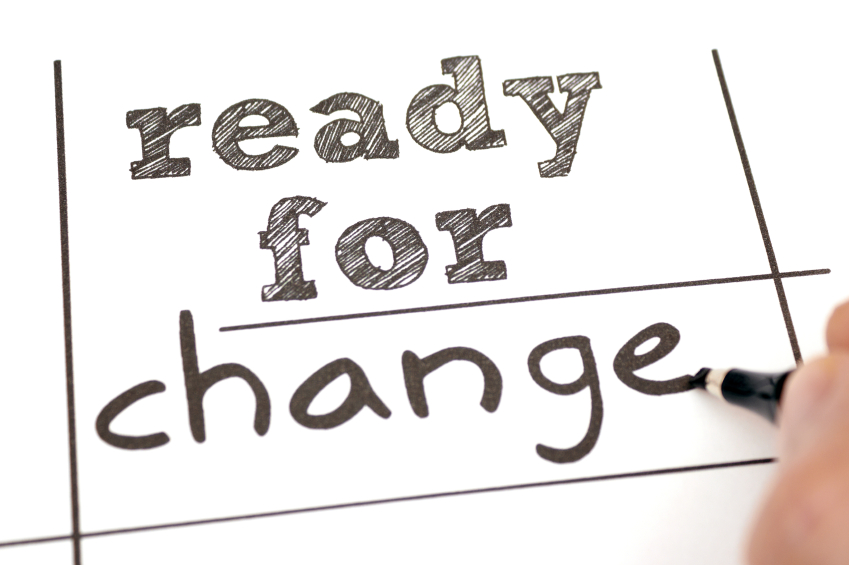
It’s known that love is the greatest emotion of all of them – but can can love cure addiction, one of the most tenacious illnesses there is? In a way, it can – or in the very least, there is a convincing argument for love being a central part of the best treatment for addiction.
Addiction as a lack of connection is a theory that says that most cases of addiction are due to a deep disconnect between the person struggling with addiction and the rest of the world. When someone loses hope for finding a role in the world – whether in society in general or just at home – then addiction becomes something to bond with and soothe the pain over. Just as chronic pain is sometimes linked to addiction, so can emotional pain become a gateway to a destructive habit.
The Relationship Between Addiction And Isolation
Addiction correlates strongly with feelings of low self-esteem, depression, and guilt. These are all signs of a person who is struggling to find a reason to exist, and is having an existential crisis – typically one that revolves around a lack of belonging. Belonging, to the human psyche, is essential. As much as we glamourize the idea of the lone wolf, the lone wolf is a dead wolf. The pack is what survives, and at the heart of every human being is our instinct to exist and survive among others.
This is why rejection hurts, physically. The pain we experience through rejection – and the fear it instills in us – is part of our inner instinct to fear ostracizing and social rejection. We want to fit in and be a part of society, because that was the only way our ancestors survived. That begs the question: Can love cure addiction and allow us to find that place in society?
Can Love Cure Addiction? Treatment Though Love
Everybody spends a considerable amount of their time figuring out what it is they’re supposed to do, what it is that drives them. The answer is each other. For the most part, what we strive for the most isn’t just self-fulfillment, but status and relationships. We want to be with certain people, be friends with certain people, or be admired by certain people. We value the opinions of others and listen to them. They help shape our self-esteem, and, ideally, they help keep the ego in check without pummeling it into self-doubt and loathing.
In other words, we want to be loved. Typically, we would like a family that supports us, accepts us, and helps us grow. We want a relationship with a person who loves us unconditionally, and is just different enough to keep things interesting and entertaining for the two of you. We want to be respected by our offspring, and typically seek to raise them to have the potential to do better, so we can be proud of them. We want a great many things, but they all usually have something to do with someone else.
When we think about the question, “Can love cure addiction?” the idea then is that when we give a person all these things – a healthy social environment in which they can thrive and pursue the kind of life they want to pursue – then addiction with mostly fall to the wayside. People will abandon drugs and instead work for their families, to be productive, in order to feel proud of their achievements and happy with their lives. This is still true for introverted personalities, as well – even introverts need friends. They just tend to seek out less friends, and bond with them more closely and in different ways.
And when people can’t bond, they turn to drugs. No one wants to be addicted; everyone struggling with addiction is a prisoner of a disease, the hard part is figuring out what toolset they should be using to pick the lock on their cell door.
More Than Just Emotions
Many veterans came back from the Vietnam War and gave up the heroin. Others developed post-traumatic stress, and never felt quite at home again. Some never got off the drugs, and died. While there’s a lot of merit to the idea that isolation and, ultimately, emotional dissatisfaction is behind a lot of cases of addiction, it’s not fair to say that everyone struggling with drugs is simply missing the love and support they need to quit. While the answer to “Can love cure addiction?” is yes, that won’t be the case for everyone.
There are countless cases of families banding together to help their loved one get better against all the odds – one recent case that comes to mind is that of Patrick Cagey, a former high school athlete who turned to prescription drugs after a knee surgery spelled the doom for his dreams at athletics. However, after confessing his heroin use and getting clean at a 30-day drug treatment center, he vowed to get his life together, finding balance through the support of his family, his girlfriend, the 12-step program, the gym, and a potential career in physical therapy. Then, one day, he began to start slipping again, and his father found him overdosed.
Drug treatment comes in many forms, and for a good reason: addiction happens for many reasons. Some people may just need love and the answer to, “Can love cure addiction?” is a resounding yes. For others, medication is more important to saving their life. Our responsibility to others around us suffering from addiction is to understand that real way to deal with this illness is by finding out what works best for you – and that means trying everything, before settling for any one way. The alternative is too dangerous.
Here are a few ways in which addiction treatment can be offered to those seeking long-term recovery, and a way to cope with life:
- Cognitive-behavioral therapy
- Dialectical behavior therapy
- Group therapy
- Sober living community
- Medication-assisted treatment
- Family behavioral therapy
- Long-term follow-up
- Co-morbidity treatment
- And more.
One thing will always be true – addiction cannot be beaten without support. It is true that isolation can and always will sabotage a person’s journey towards beating an addiction forever. We rely on each other as humans to survive, and in addiction treatment, the support of family and friends is important in order to give us the place and the validation we need to know we’re doing the right thing, and still have value in life.
And if some research is true, then severe physical addiction – the kind of dependency that forms and cannot be unhooked through therapy, support and connection – is still less of a problem, and we need to continue to advocate for a world where addiction is no longer met with stigma, fear, and misunderstanding.









